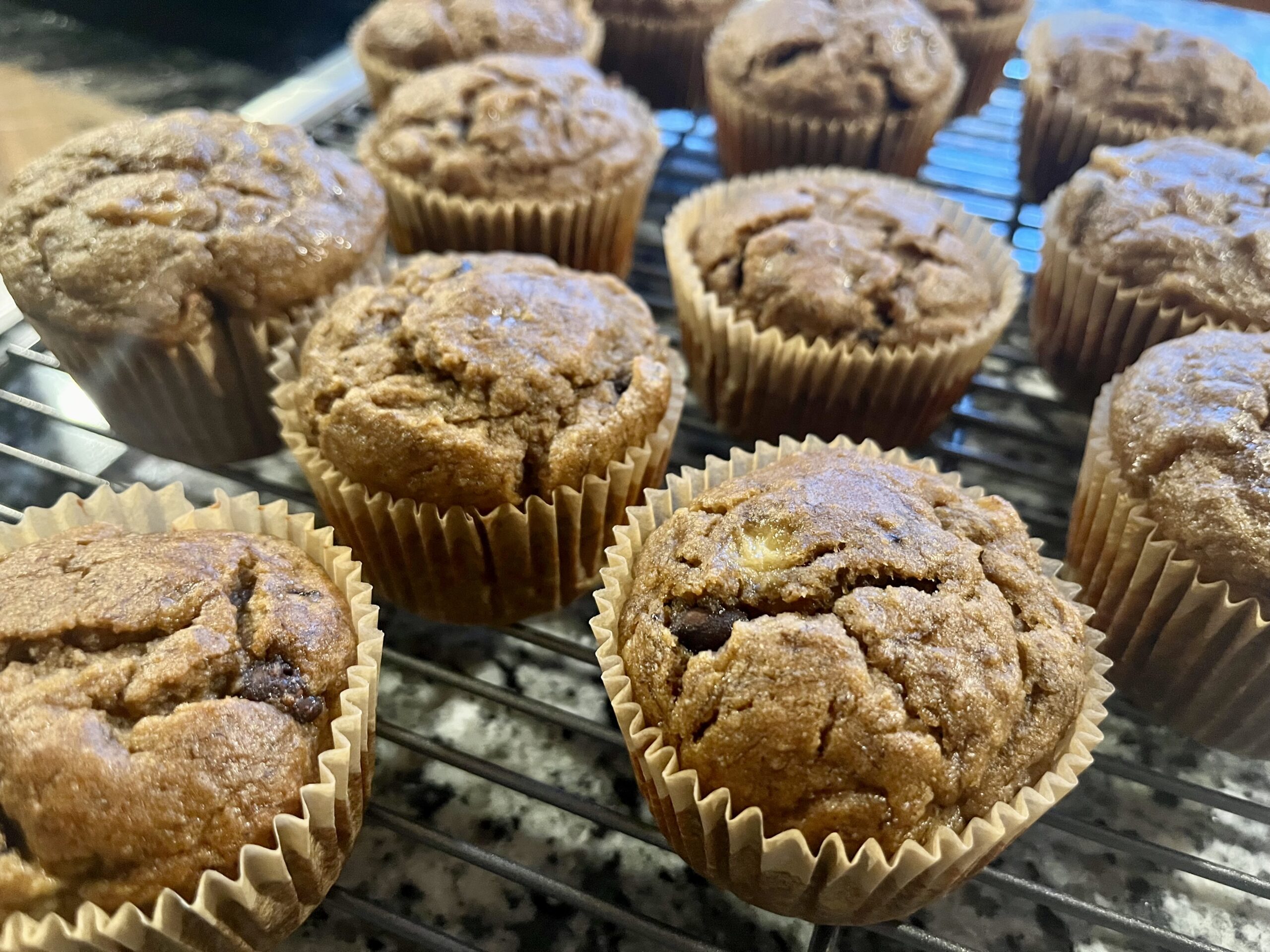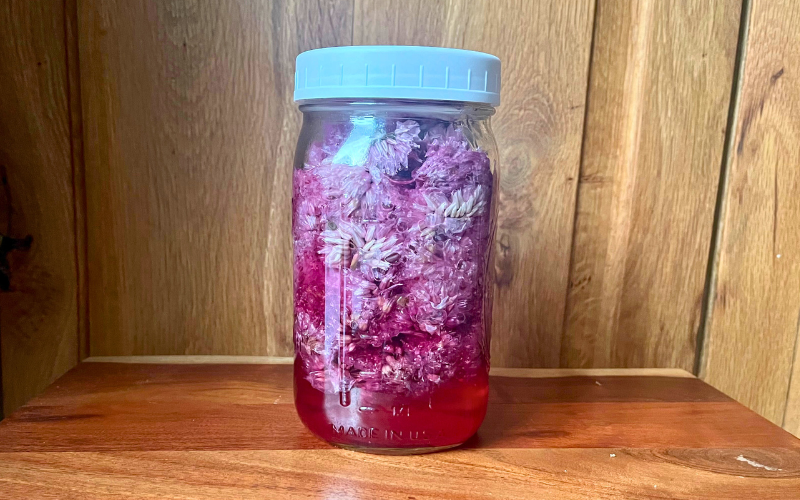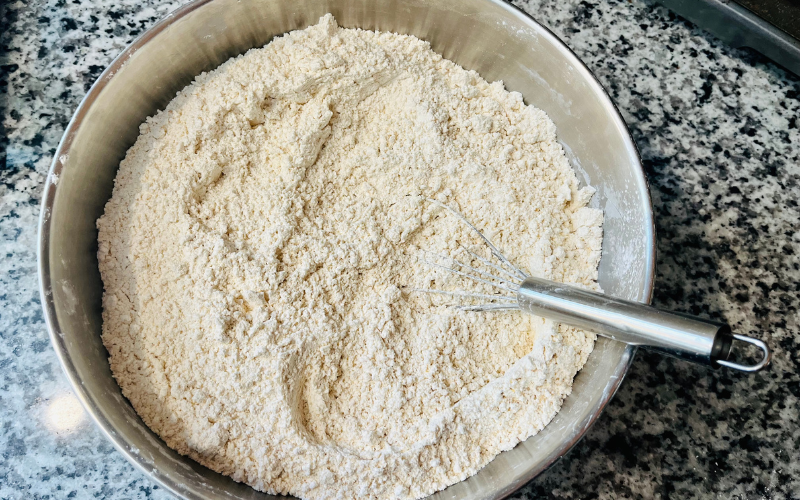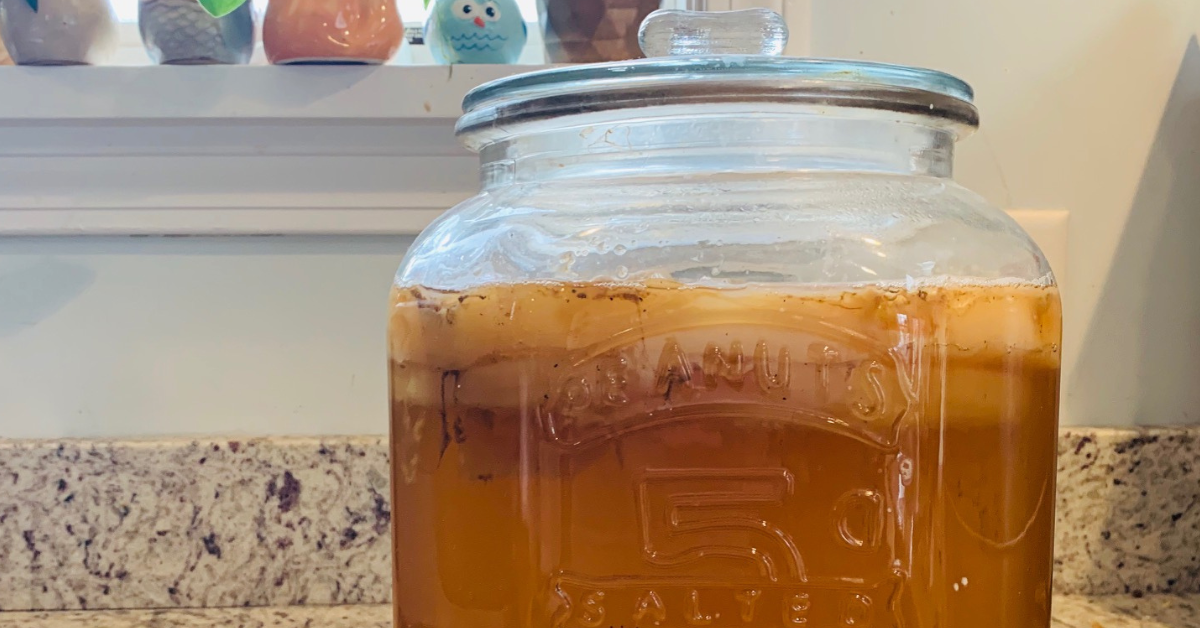The Holistic Mama Blog Categories







Download our Homemade Skin Care eBook that contains 20 Herbal Skin Care Recipes you can make yourself.
About Me
On this blog, I provide realistic recipes and how-to articles for busy moms. Learn to make real food from scratch and cost effective natural remedies for your family without feeling overwhelmed. Since 2008 I've been reducing my family's use of unhealthy processed packaged foods, personal care, and unhealthy medicines. Little by little we replace them with things I make and grow myself. Follow along and join me! Click here to subscribe. Roxanne The Holistic Mama

